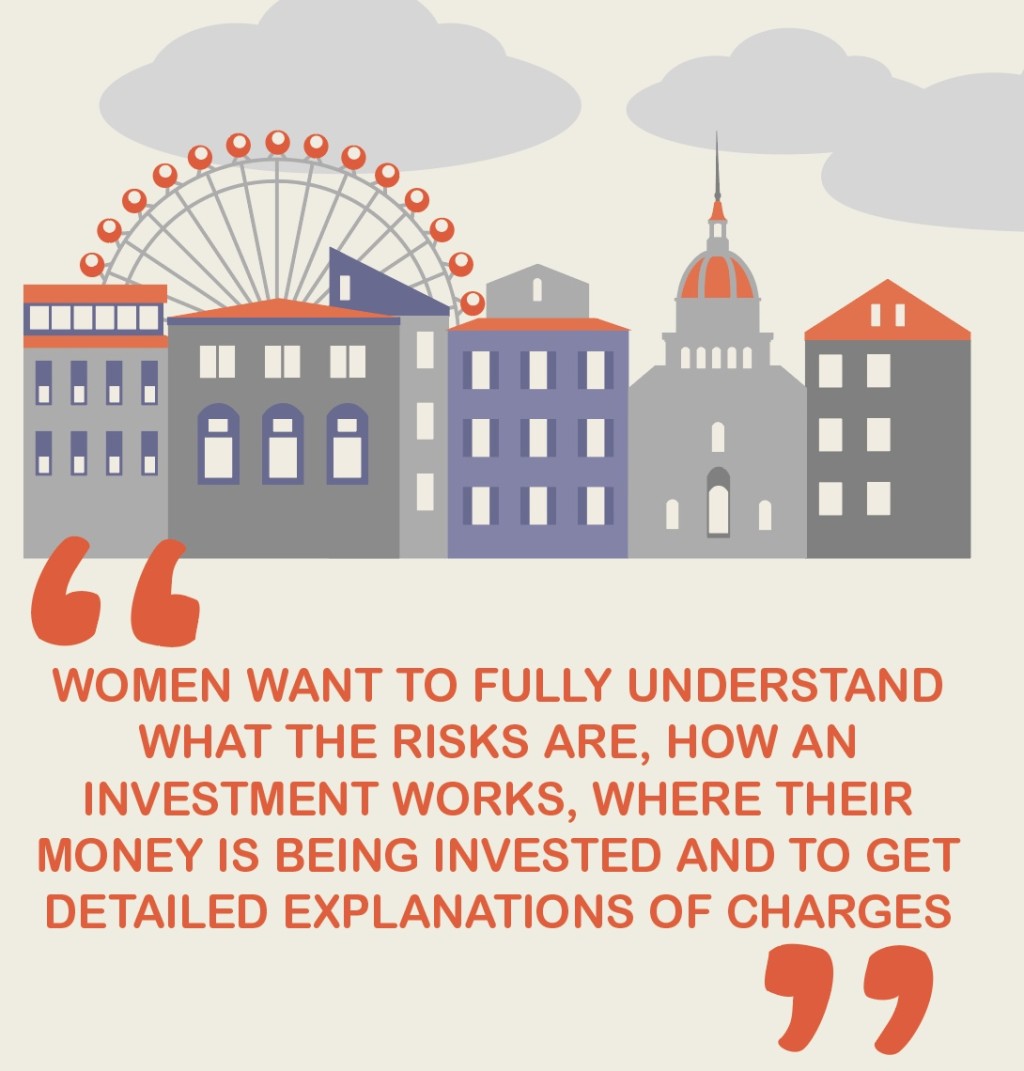
Lack of confidence may be holding many women back when it comes to investing - that’s despite the fact that they may be naturally more suited to it than men.
While women are more likely to be in charge of the household finances, when it comes to investing they are still far less engaged than men.
The number of female investors is certainly growing - women opened some 892,000 stocks and shares ISA accounts in the last tax year, according to the most recent figures from the Office for National Statistics. But that’s still far fewer than 1.1m investment accounts opened by men in the same period.
A natural aversion to risk means women are far more likely to keep their money in cash - that much is clear from the ONS figures, which show women opened 5.2m cash Isa accounts last year, compared to 4.4m opened by men.
BUY AND HOLD
Just 23% of female adults in the UK hold an investment product, compared with 35% of men. It’s a pattern which is also evident among professionals too - just one in 10 funds of the 2,500 or so funds available to UK investors are run by a female manager.
Tracey Browne, wealth management consultant at Salisbury House Wealth, says: ‘It’s great to see a growing number of women using ISAs, but it is important they adopt the right investment strategy for the long term to start closing the wealth gap. While saving in cash is often seen as the safe option, it’s not the best for long-term savings growth.’
Indeed, natural character traits may actually mean women make the better investors when they do make the leap. For example, 12% of women only check on their investments once a year, compared with 14% of men who check once a month and 10% who check once a week.
That means women don’t tend to tinker with their portfolios as much, which gives them the benefits of buy and hold investing: they don’t rack up trading costs, don’t get distracted by short term market movements, and so aren’t tempted to sell at the bottom of the market and buy at the top.
RISK FOCUS
Holly Mackay, founder of independent advice site Boring Money, says: ‘From my experience, women are more likely to focus on risk and associate investing with gambling. Data confirms that women typically feel less confident than men when it comes to investing even though their knowledge levels are similar.
‘I don’t think women or men are the better investor, but I do think that different patterns of behaviour and different self-diagnosis about investing skill can lead to better outcomes for female investors.’
But there could be drawbacks too; while women’s slow and steady approach makes them great buy and hold investors, it can mean they miss out on opportunities while they are coming to a decision.
Men are also typically more likely to consider diversification when making their investment decisions and tend to spread their portfolio across different assets, sectors and regions. That could mean their portfolios are better protected than women’s in the event of a market fall.
A FULLER UNDERSTANDING
Claire Walsh, personal finance director at Schroders, says: ‘I don’t think it’s that women are necessarily averse to investment risk compared with men, it’s more than women want to fully understand what the risks are, how an investment works, where their money is being invested and to get detailed explanations of charges, whereas men tend to gather the top-level information and then make a decision more quickly.’
She says women may miss out on investment opportunities because they take longer to make a decision and could, for example, lose out on valuable employer pension contributions in the meantime. Women are also more likely to put the needs of their family before their own, saving their money into a child’s Junior ISA rather than into an account of their own, for example.
In terms of the funds men and women are drawn to, it is difficult to ascertain material differences, however some experts argue that ethical and sustainable aspects seem to be more important to female investors.
Research from Triodos Bank reveals 58% of women would like their investments to support companies that contribute to making a more positive society and sustainable environment, while 57% would move their investments if they discovered their money was being invested in companies causing social or environmental damage.
Meanwhile, some 64% of women told Boring Money they would likely blacklist certain sectors such as weapons production from their investments, compared to just 48% of men.
Adam Robbins, investor relations manager at Triodos Bank UK, says: ‘There is clear demand among women for investments which not only make financial sense but which also benefit the world around them. Female investors look set to be a driving force for the future growth of the ethical investments market, as they increasingly recognise the power of money to be a powerful tool for change.’
Laura Suter, personal finance analyst at investment platform AJ Bell, notes there is a ‘double whammy’ at work in that women are neither saving enough nor investing their money to achieve higher returns. Given their longer life expectancy, the smaller implied pension pot is in Suter’s words ‘worrying’.
She adds: ‘Investing can seem daunting for first timers, particularly with the amount of complicated terms and the overriding fear of losing your money. I think there is a large onus on the financial industry to make investing more approachable for everyone, particularly women, and to cut through the waffle and baffling jargon to make it easier for everyone to invest their money.’






